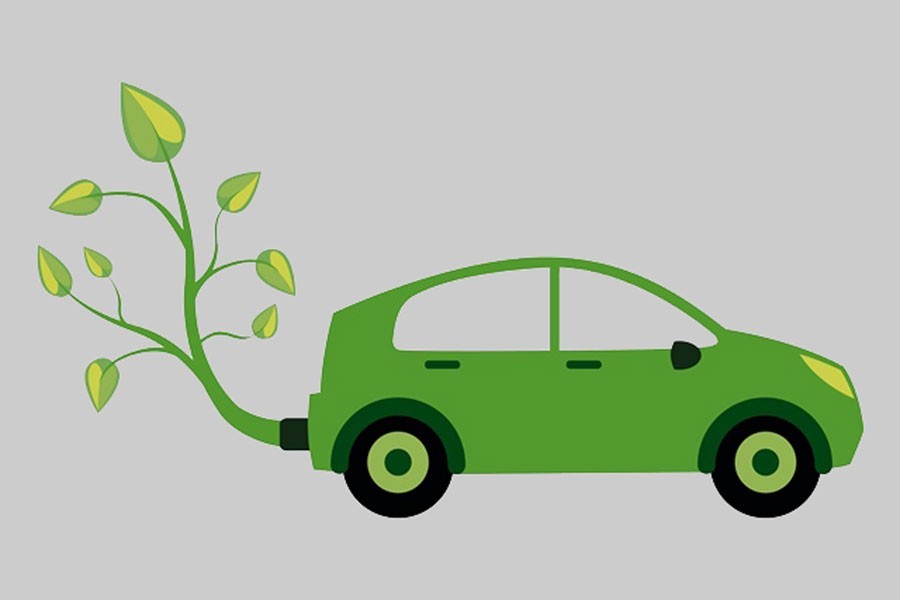In a country where automobile industry's performance has until now remained confined to assembling, not manufacture, of vehicles in collaboration with foreign companies, the prospect of reducing CO2 emission looks bleak. But this can be reversed taking advantage of the country's late entry into the industry. Now that a number of local companies have set up automobile manufacturing plants under such joint ventures to produce different brands, it is time to take stock of the situation and be smart enough in consideration of the future need. At least two such local companies have been alive to the situation and accordingly took preparations for manufacturing and assembling electric cars and other vehicles. Another local company also was in negotiations with a foreign company to go for such a venture. But all such ventures suffered delay on account of the pandemic. The good news is that work is underway and such eco-friendly cars may be in the production line by only a year's delay.
Worldwide, particularly in the technologically advanced countries, there is a continuous attempt to decarbonise the sector within a few decades. On that count, the European Union, the United States of America, China and Japan are on course of phasing out conventional vehicles by 2040. The International Energy Agency (IEA) in its Energy Technology Perspective report predicts that global transport will be double and car ownership increase by 60 per cent by 2070. Where does Bangladesh stand? If rise in income and increase in the number of people who can afford cars are the prime reason for such a higher demand for transport, Bangladesh should be among the potentially more demanding nations. So, there is a need for extra caution to limit the production of gasoline-guzzling vehicles including cars. Instead of welcoming automobile plants producing conventional vehicles, the emphasis has to be on assembling and manufacturing of electric vehicles. Bangladesh should not be a dumping ground of plants of vehicles that produce environment polluters.
If things go according to the plan, the company that has its plant in the Bangabandhu Industrial Park at Mirersarai, Chattogram, will be able to bring its electric cars on the road next year. It is quite heartening to know that such cars will be available within the range of Tk 0.70 million (07 lakh) to 15 million. Pollution-free, such cars will definitely be high on demand. What, however, potential car owners will look for is the longevity of those vehicles and their resale value. The manufacturers concerned should be mindful of these issues. Otherwise, their business prospect looks bright.
The aim has to be zero-carbon transport but it is a daunting task. Much as the electrification-and hydrogen-technologies may be effective in reducing CO2 emission, they are still not very useful to run long-haul large trucks and covered vans because of the size and weight of batteries and hydrogen fuel tanks. The same goes with planes and ships. So, until more sophisticated and environmentally friendly technologies are invented, the focus ought to be on production of eco-friendly cars. Already there are technologies such as directly capturing CO2 from air but they are yet to be commercially available. Hopefully, such technologies will be cheaper and easily available in the future to help reduce global warming.


